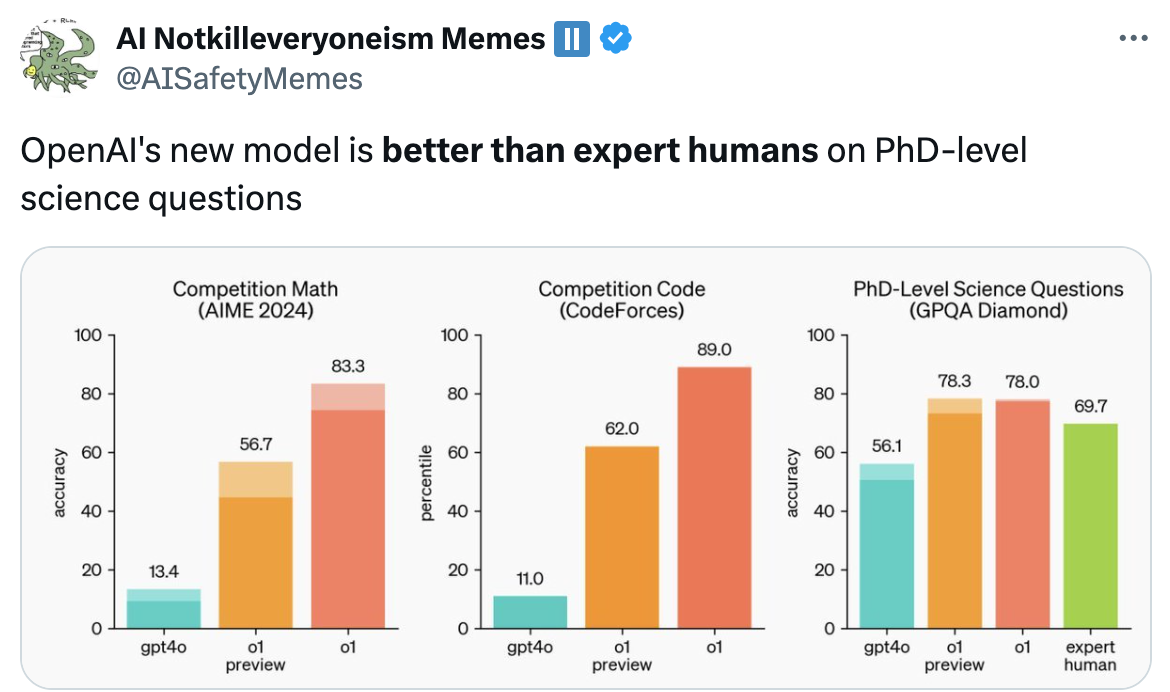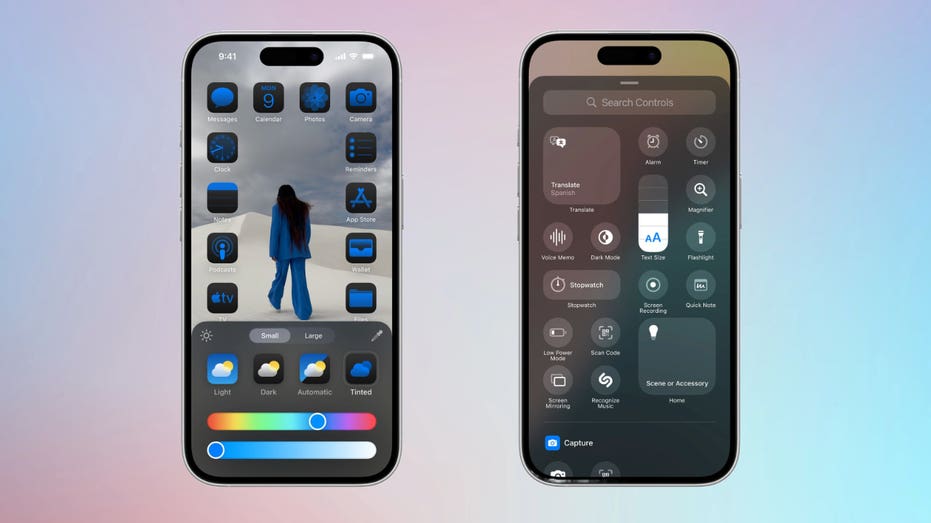“I’ve never felt more lonely in my entire life,” Schiffmann says. “And in that moment, I was looking at the Tab prototype, and I was like, it’s not that I just want to talk to this thing. I want it to feel like this companion is actually there with me traveling.”
Talk to Me
While Schiffmann insists the Friend is a fundamentally new form of digital companion, he acknowledges that it is also an amalgamation of many things. He welcomes comparisons to a Tamagotchi. He knows the Friend looks like an Air Tag. And he knows—based on the fact that people have been getting emotionally attached to AI chatbots like Replika for a decade or more—that some people will probably take it a little too far.
“For sure there will be some people that try and fuck the USB-C port of this,” Schiffmann says, “I think I’m shameless enough to understand what I’m building. But if you look at something like Replika and you look at the studies of this too, the lowest tiered thing that people do is try to fuck it. Most people really are just talking about literally what they did today and their feelings and the AI’s feelings.”
Petter Bae Brandtzæg is a professor at the University of Oslo in Norway who also leads two research initiatives that examine the social impacts of AI. He says that these friendships with devices are different than human-to-human relationships, and can often foster conversations that are deeper and more intimate than what a person would be willing to have with another human.
“The thing with AI companions is that we’re a lot more intimate in our interactions with AI companions, and we will share our inner thoughts,” Brandtzæg says. He says it’s worth wondering where those thoughts will end up. “The privacy thing, with AI companionships is really tricky. We will really, really struggle with privacy in the years to come.”
Courtesy of Friend
Jodi Halpern, a professor of Bioethics and Medical Humanities at UC Berkeley says the idea of having an always-on AI friend versus an actual human one is sort of like a starving person eating junk food. It can get the job done in the short term, but it doesn’t nourish the person the way a healthy meal would.
“Sixty-one percent of young people—children, teens, and young adults—suffer from serious loneliness in the United States,” Halpern says. “So we’ve got a pandemic of loneliness, we’ve got a mental health crisis.”
It’s concerning, she says, that companies and entrepreneurs see an opportunity in that crisis. She worries that relying on a friendly AI can limit people’s willingness to take a chance on new, human relationships and diminish the potential for what she calls empathic curiosity.
“When we don’t know how another person thinks, that stretches us,” Halpern says. “It’s the gap in either being understood or understanding another person that are true opportunities to develop this drive towards knowing more. We don’t want a perfectly smooth, frictionless thing as a relationship.”





